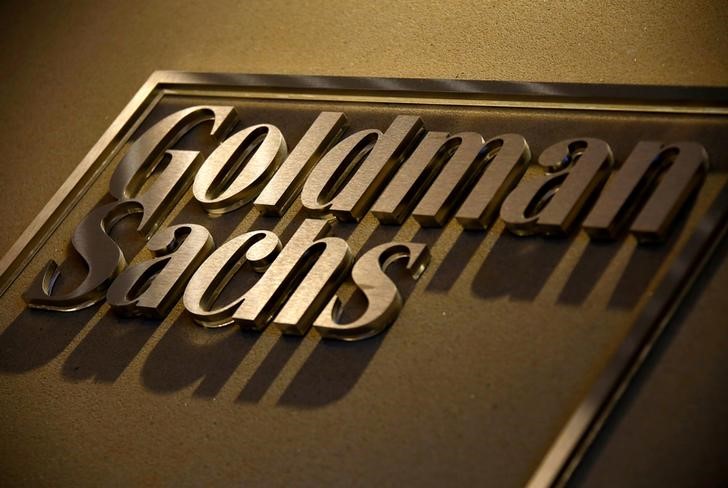(Bloomberg) -- Goldman Sachs Group Inc (NYSE:GS). strategists say that in Europe, the companies that can outperform during the next market cycle are firms with strong balance sheets, low volatility growth and good dividend yields. They’re dubbing them GRANOLAS.
The breakfasty acronym derives from the companies on Goldman’s list: GlaxoSmithKline (NYSE:GSK) Plc, Roche Holding AG (OTC:RHHVF), ASML Holding (NASDAQ:ASML) NV, Nestle SA (SIX:NESN), Novartis AG, Novo Nordisk (NYSE:NVO) A/S, L’Oreal SA, LVMH, AstraZeneca (NYSE:AZN) Plc, SAP SE (DE:SAPG) and Sanofi.
Goldman strategists led by Peter Oppenheimer say that the next phase of the stock market, whether it turns into a new strong bull run or not, is less likely to be driven by an expansion in valuations. Instead, the leaders of the forthcoming market cycle will be companies that are able to generate earnings growth, sustainable dividend payouts and have healthy balance sheets.
“In the U.S., tech is still likely to remain the long-term winner,” Goldman strategists said in a note on Tuesday. “In Europe it’s more likely to be a combination of structurally strong and/or stable sectors: healthcare, consumer staples and tech.”
Among the challenges the European stock market has faced and one that’s made it lag behind the S&P 500, is the relatively low presence of technology companies in the Stoxx 600 Index. In the U.S., FAANG stocks -- a group of tech giants including Facebook Inc (NASDAQ:FB). and Amazon.com Inc (NASDAQ:AMZN). -- have been among investor favorites. The past decade’s bull market has been led by tech shares, which are usually associated with growth due to strong cash flows and higher expansion rates.
This is pushing Goldman to look beyond tech companies in Europe when searching for potential outperformers. The stocks comprising the GRANOLAS might not all beat the market, say the strategists, but they offer earnings growth and/or stability, while their dividend yields are “attractive” in the 2-2.5% range.
The 10-year-long bull market in equities came to an abrupt end in March when the spreading coronavirus and concerns about the global economy sent stocks tumbling to multi-year lows. From airlines to chipmakers, few industries have been spared as lockdowns intended to halt the virus disrupt supply chains, hurt demand and set the world up for its worst recession in decades.
“At least in the nearer term the size of the demand shock is likely to be more deflationary,” the Goldman strategists said. “This should support the trend of low interest rates and low nominal growth -- again factors that tend to reinforce the existing trend of relative winners: growth, defensive growth and strong-balance-sheet companies.”
©2020 Bloomberg L.P.
